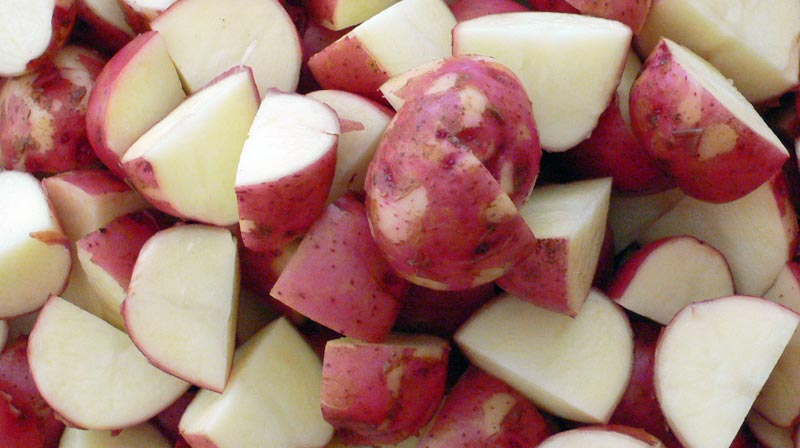With his Dickensian byline, Churchillian brio and Falstaffian appetites, Mr. Apple, who was known as Johnny, was a singular presence at The Times almost from the moment he joined the metropolitan staff in 1963. He remained a colorful figure as new generations of journalists around him grew more pallid, and his encyclopedic knowledge, grace of expression — and above all his expense account — were the envy of his competitors, imitators and peers.
Mr. Apple enjoyed a career like no other in the modern era of The Times. He was the paper’s bureau chief in Albany, Lagos, Nairobi, Saigon, Moscow, London and Washington. He covered 10 presidential elections and more than 20 national nominating conventions. He led The Times’s coverage of the Vietnam war for two and a half years in the 1960’s and of the Persian Gulf war a generation later, chronicling the Iranian revolution in between.
Apple’s cuisine articles over the years were a treat – particularly when he sampled things I’d never touch. Apple visited Sheboygan in 2002 to write about brats.


